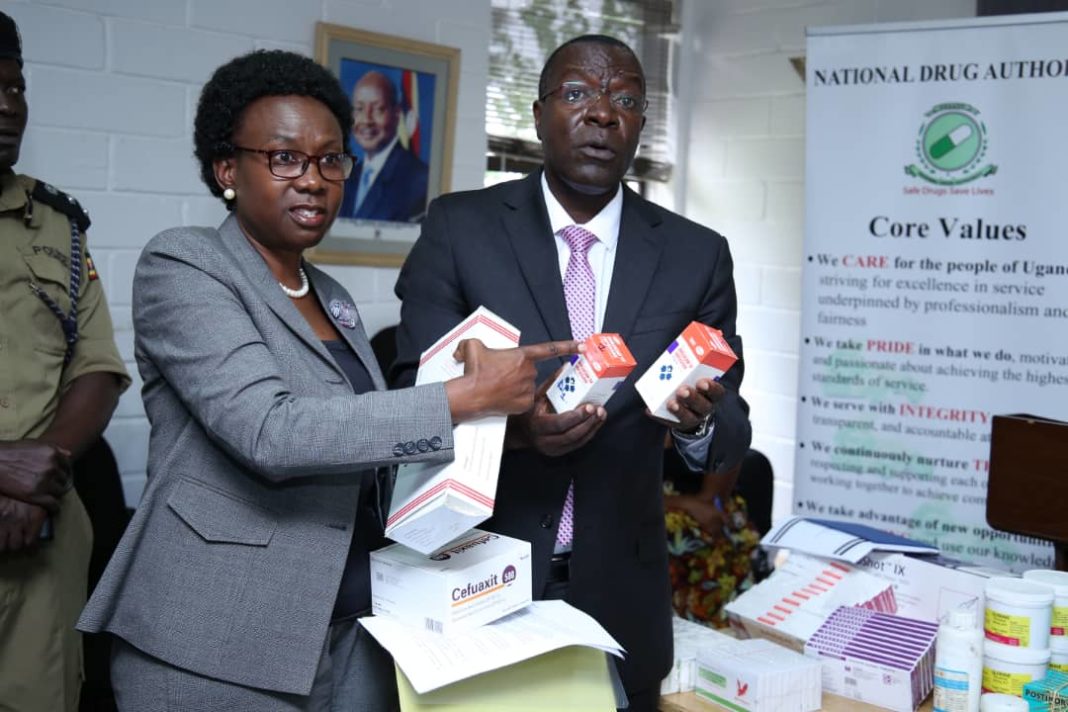The Minister of Health, Dr. Jane Ruth Aceng, has decried laboratory systems in Uganda and other developing countries, saying the facilities are inefficient when it comes to delivering health services.
The minister said during three-day meeting of Laboratory experts from 13 countries across East, Central and Southern African Health Community. The meeting is held under the theme: ‘Building resilient laboratory systems in Africa to rapidly scale up Viral Load (VL) and Early Infant Diagnosis (EID) services.
Dr. Aceng said that efficient laboratory systems are a critical component of any functional healthcare delivery system, since they enable timely disease diagnosis, prognosis and surveillance.
She pointed out that as funding from global stakeholders keeps dwindling, there is need to devise cost effective and sustainable service delivery models that support the wider needs of our health system.
“HIV funding has presented unprecedented opportunity for building health systems including laboratory systems. If in the process of setting up HIV services, we build overarching health systems, we would help to solve some other health challenges, because our health needs go far beyond HIV or some other diseases that receive focused funding,” she added.
“Centralized EID and VL laboratory systems is such a model, because the associated infrastructure and systems like the sample transport system, and the Laboratory information system which are built alongside, support the wider needs of the health system,” she said.
US Ambassador to Uganda, Deborah Malac noted that with the establishment of President’s Emergency Plan for AIDS Relief (PEPFAR) in 2003, Uganda became a focus country for the program while Center for Disease Control (CDC) began supporting the implementation of HIV prevention, care and treatment services.
“PEPFAR has invested in Uganda’s fight against HIV where laboratory strengthening, sample transport optimization and viral load monitoring are core. I am happy that our efforts are yielding significant progress towards achieving the ‘third ‘90’ that has seen viral load coverage increase from 21 per cent in 2014 to over 81 per cent by March 2019,” she said.
Uganda has particularly been successful in setting up some functional systems, having one VL/EID laboratory has enabled it to reach over 93% VL coverage, in just about 3years. The Ugandan VL laboratory system has proved to be cost effective, and has positively impacted the entire health system in Uganda.
Laboratory experts will be taken step by step through the Ugandan system, how it was built and its operation, such that they appreciate how to set up, and manage such a comprehensive, robust and efficient laboratory system.
The regional meeting attracted laboratory experts from Uganda, Kenya, Tanzania, Malawi, Zimbabwe, Zambia, DRC, Ethiopia, Lesotho, South Africa, South Sudan, Sierra Leone and Nigeria, with support from WHO, CDC, USAID, CHAI PEPFAR, The Global Fund, ECSA-HC, and ASLM.







